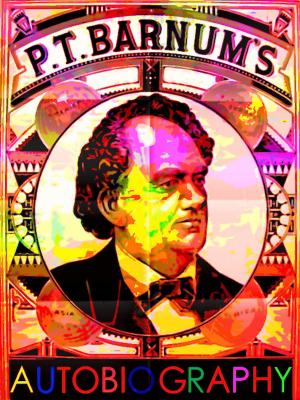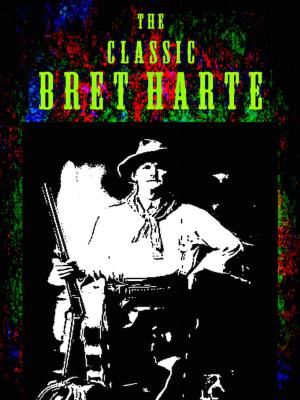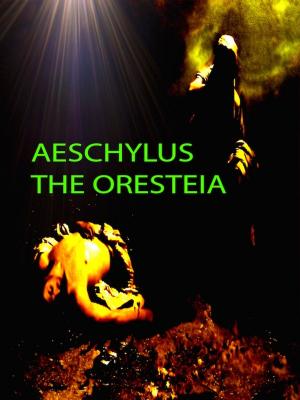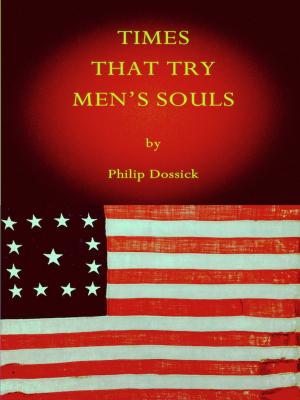| Author: | Alexander Pope | ISBN: | 1230000592734 |
| Publisher: | Editions Artisan Devereaux LLC | Publication: | August 5, 2015 |
| Imprint: | Language: | English |
| Author: | Alexander Pope |
| ISBN: | 1230000592734 |
| Publisher: | Editions Artisan Devereaux LLC |
| Publication: | August 5, 2015 |
| Imprint: | |
| Language: | English |
For lo! the Board with Cups and
Spoons is crown’d,
The Berries crackle, and the
Mill turns round.
On shining Altars of Japan
They raise
The silver Lamp; the fiery
Spirits blaze.
From silver
Spouts the grateful
Liquors glide,
And China’s Earth receives the smoaking Tyde.
Pope's masterly mock epic 'The Rape of the Lock', satirizes a notorious society scandal in which a lock of a woman’s hair is stolen.
The tale was based upon a real incident in what we might now describe as "a war of the sexes". A certain Lord Petre had the courage - or folly - to surreptitiously cut off a lock of hair from the pretty head of a young lady named Arabella Fermor.
As his introductory letter makes clear, women in that period were supposed to be decorative rather than rational, and the perceived loss of beauty was a serious matter.
Just as the ravishment of Helen led to a long and bloody war, so the theft of the lock led to a feud between the two families involved.
Pope was commissioned, by a friend of both sides to compose a poem that might mollify all parties. "It was in this view," Pope wrote later, "that I wrote Rape of the Lock."
Never has so great a poem emerged from so trivial a cause: the stolen hair has by now achieved immortality.
ALEXANDER POPE (1688–1744) was the greatest English poet of his age, whose acerbic insights into human nature have entered the language, and whose verse still astonishes with its energy and inventiveness centuries after his death. He is best known for his satirical verse, as well as his translations of Homer. Famous for his use of the heroic couplet, he is the second-most frequently quoted writer in The Oxford Dictionary of Quotations, after Shakespeare.
For lo! the Board with Cups and
Spoons is crown’d,
The Berries crackle, and the
Mill turns round.
On shining Altars of Japan
They raise
The silver Lamp; the fiery
Spirits blaze.
From silver
Spouts the grateful
Liquors glide,
And China’s Earth receives the smoaking Tyde.
Pope's masterly mock epic 'The Rape of the Lock', satirizes a notorious society scandal in which a lock of a woman’s hair is stolen.
The tale was based upon a real incident in what we might now describe as "a war of the sexes". A certain Lord Petre had the courage - or folly - to surreptitiously cut off a lock of hair from the pretty head of a young lady named Arabella Fermor.
As his introductory letter makes clear, women in that period were supposed to be decorative rather than rational, and the perceived loss of beauty was a serious matter.
Just as the ravishment of Helen led to a long and bloody war, so the theft of the lock led to a feud between the two families involved.
Pope was commissioned, by a friend of both sides to compose a poem that might mollify all parties. "It was in this view," Pope wrote later, "that I wrote Rape of the Lock."
Never has so great a poem emerged from so trivial a cause: the stolen hair has by now achieved immortality.
ALEXANDER POPE (1688–1744) was the greatest English poet of his age, whose acerbic insights into human nature have entered the language, and whose verse still astonishes with its energy and inventiveness centuries after his death. He is best known for his satirical verse, as well as his translations of Homer. Famous for his use of the heroic couplet, he is the second-most frequently quoted writer in The Oxford Dictionary of Quotations, after Shakespeare.















